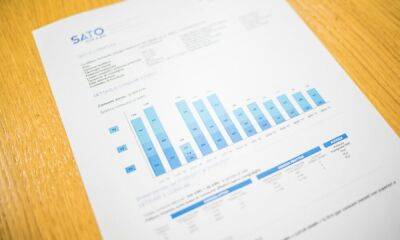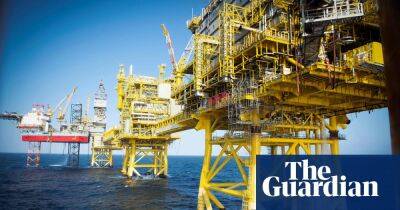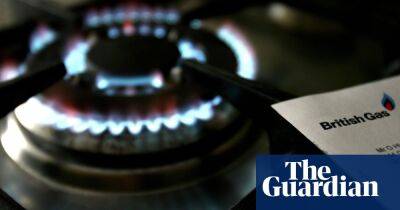Trading in turbulent market helps BP and Shell secure huge profits
British oil giants BP and Shell announced huge quarterly profits this month, sparking calls for a windfall tax to ease the burden of bills on struggling families. Tesco chairman, John Allan, this week argued there was an “overwhelming case” for a one-off levy on North Sea extractors. While the focus was on their oil production businesses, both “supermajors” have benefited from a huge boom in trading revenues.
BP and Shell do not simply produce and sell oil, they employ thousands of traders whose job it is to buy and sell oil produced by other companies. They profit from speculating on swings in the oil price, and the choppier the market, the higher the potential earnings.
The pandemic and the war in Ukraine have caused markets to whipsaw, creating ideal conditions for those betting on price movements. Petrol prices at the pumps are at record highs, up 16% this year on top of a 50% surge in 2021. Wholesale gas prices are up near 400% since the invasion of Ukraine. The volatility has made hydrocarbons popular with institutions and bedroom day traders alike. More than 100m barrels a day of oil and other petroleum products are traded.
For many years oil trading was a small offshoot of the bulging multinationals, now it represents a vital profit engine, the well-groomed cousin of the dirty, hard-hatted world of riggers and drillers.
In London, oil traders typically earn about £102,000 a year but can snare large bonuses based on their performance. Last year, Vitol’s Top 350 staff shared a £2.1bn bonus pool – equivalent to £6m per person.
Although the sector is dominated by commodities specialists Vitol, Trafigura and Glencore, extractors are a huge presence.
But there is no transparency. BP and Shell do not split out the numbers
Read more on theguardian.com




















